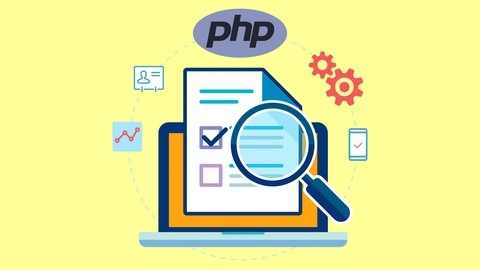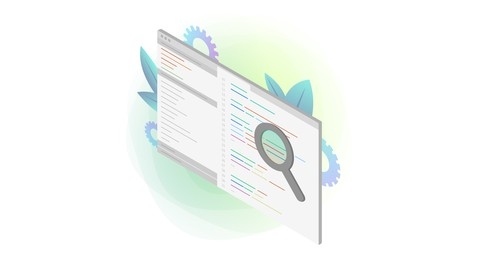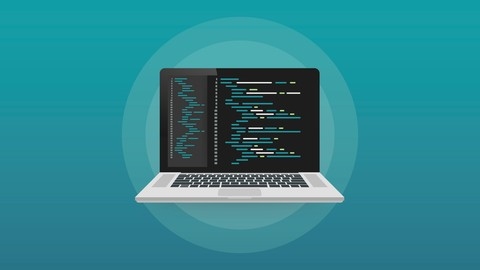PHPUnit is an essential tool for any PHP developer who wants to write reliable and maintainable code.
It’s a testing framework that allows you to write automated tests for your PHP code, ensuring that your code works as expected and helping you catch bugs early in the development process.
By learning PHPUnit, you can improve the quality of your code, reduce development time, and increase your confidence in your applications.
However, finding a good PHPUnit course can be a challenge.
You want a course that’s comprehensive, up-to-date, and taught by an experienced instructor who can guide you through the intricacies of PHPUnit.
You also want a course that’s engaging and easy to follow, so you can stay motivated and learn effectively.
Based on our research, the best PHPUnit course overall on Udemy is PHP Unit Testing with PHPUnit.
This course provides a comprehensive introduction to PHPUnit, covering everything from basic concepts to advanced techniques.
It’s taught by an experienced instructor who clearly explains the concepts and provides plenty of examples.
The course also includes hands-on exercises, so you can practice what you’ve learned and solidify your understanding.
While PHP Unit Testing with PHPUnit is our top pick, there are other excellent PHPUnit courses available on Udemy.
Keep reading to discover our other recommendations, tailored to different learning styles and skill levels.
PHP Unit Testing with PHPUnit
This course takes you on a journey, beginning with the essentials of PHP unit testing.
You’ll start by setting up your development environment, regardless of whether you’re on Windows, macOS, or Linux.
You’ll learn how to install PHP, Composer, and PHPUnit, the tools you’ll use throughout the course.
From there, you’ll dive into writing your very first PHPUnit tests, understanding the importance of assertions and how to use them to test different parts of your code, like functions and classes.
Moving beyond the basics, you’ll discover how to create more robust tests by using fixtures.
This allows you to control the state of your application during testing, making your tests more reliable.
The course doesn’t shy away from complex scenarios: you’ll learn how to manage and test code that relies on external factors using test doubles like mocks and stubs.
You’ll even explore Mockery, a different mocking framework, giving you a well-rounded understanding of testing tools.
The course then introduces you to TDD.
This approach encourages you to think about testing from the very start of your development process.
You’ll discover how to write tests before you write your code, leading to more robust and reliable applications.
You’ll explore data providers, a powerful feature of PHPUnit that allows you to test your code with a variety of inputs, ensuring that your applications can handle different situations.
You’ll also learn how to test non-public methods, static methods, and abstract classes, expanding your testing capabilities.
PHPUnit - Unit & Selenium Testing For PHP Developers
This course on PHPUnit and Selenium helps you write strong and reliable tests for your PHP applications.
You begin by learning the basics of PHPUnit—how to install it, write your first test, and understand important features like assertions and annotations.
You then move on to more advanced PHPUnit concepts, such as configuring tests, using fixtures to set up your testing environment, and testing harder-to-reach parts of your code.
After mastering PHPUnit, you explore Selenium, a tool that lets you automate browser actions.
You learn how to use Selenium with PHPUnit to write acceptance tests, which ensure your application works as expected from a user’s perspective.
This involves learning how to interact with web pages—clicking links, filling out forms, and checking for specific content.
The course then introduces you to test-driven development (TDD), a powerful approach where you write tests before writing your code.
You discover how to use this approach with both PHPUnit and Selenium while building a real-world application.
You also learn about mocking, a technique that replaces real parts of your application with stand-ins for easier testing.
To solidify your learning, the course uses popular PHP frameworks like Slim PHP and Laravel Eloquent ORM in its examples.
You even learn how to test web services, specifically REST APIs, using tools like Guzzle and Json Server.
The Complete Course of PHPUnit 2024
This course begins by introducing you to PHPUnit, explaining its significance and how it’s used in various PHP development scenarios.
You’ll then learn to set up your testing environment, installing the software you’ll need to start testing.
The course then delves into unit testing, teaching you its importance and guiding you through creating your first test.
You’ll explore different testing patterns, such as test-driven development, to ensure your code is efficient and error-free.
The course then shifts focus to Laravel, a popular PHP framework.
You’ll discover how to write tests for Laravel applications, including feature testing.
You’ll learn to handle database transactions and migrations within your Laravel tests.
You’ll also master using model factories to generate test data, streamlining your testing process.
The course culminates with a practical example, building a “Single Beverage” application using a test-driven development approach, where you write tests before writing the actual code.
This approach helps you write cleaner, more maintainable code from the start.



